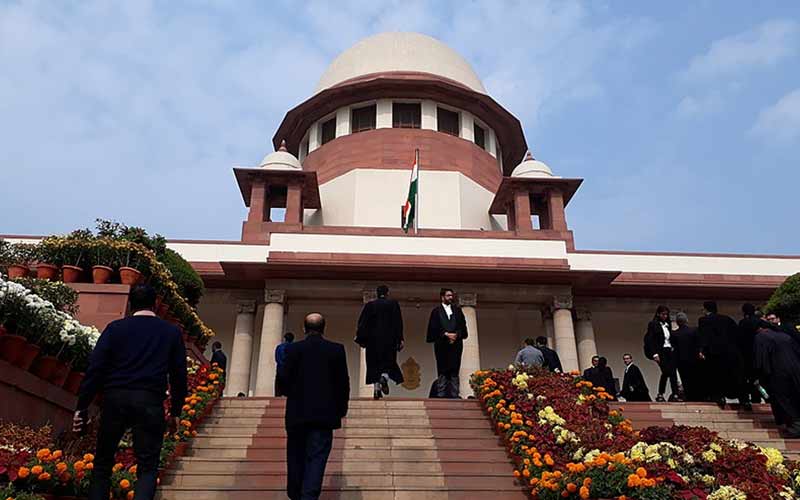Sharad Arvind Bobde, from Nagpur, is set to succeed Ranjan Gogoi as the Chief Justice of India (CJI). Justice Bobde will take oath as the new CJI on 18th November 2019, with Justice Gogoi demitting himself from the position on 17 November 2019. On Friday, Ranjan Gogoi recommended Bobde to the Ministry of Law and Justice, as his successor. As a judge in the Supreme Court of India, Sharad Bobde has been part of some landmark judgments. Here’s everything you need to know about the new CJI:
- Sharad Arvind Bobde comes from a lawyers’ family. His grandfather was a lawyer, his father Arvind Bobde, the advocate-general of Maharashtra and his late brother Vinod Arvind Bobde, a senior Supreme Court lawyer.
- The new CJI did his schooling at St. Francis De’Sales High School in Nagpur and studied law at Nagpur University. He started his practice as an advocate at the Nagpur bench of Bombay High Court in 1978.
- Sharad Bobde was appointed the additional judge of Bombay High Court in 2000 and then, Chief Justice of Madhya Pradesh High Court in 2012.
- He has tenure of eight years as a judge in the apex court of India.
- The new CJI is also the present Executive Chairman of the National Legal Services Authority of India (NALSA).
- In 2016, Justice Bobde was part of the three-judge bench that banned the sale of firecrackers in the National Capital Region (NCR).
- In 2017, Justice Sharad Bobde was in the nine-member bench that recognised privacy as a fundamental right under Article 21 of the Indian Constitution.
- In 2018, he was in the Supreme Court bench comprising 3 judges, which deemed that no Indian without Aadhaar card can be deprived of basic services and government subsidies.
- Justice Sharad Bobde is currently a member of the 5-judge Supreme Court bench that is going to pass verdict on the Ram Janmabhoomi-Babri Masjid land dispute.
- Justice Bobde will be retiring on 23rd April 2021 and hence, will serve for a term of eighteen months as Chief Justice of India.










Discussion about this post